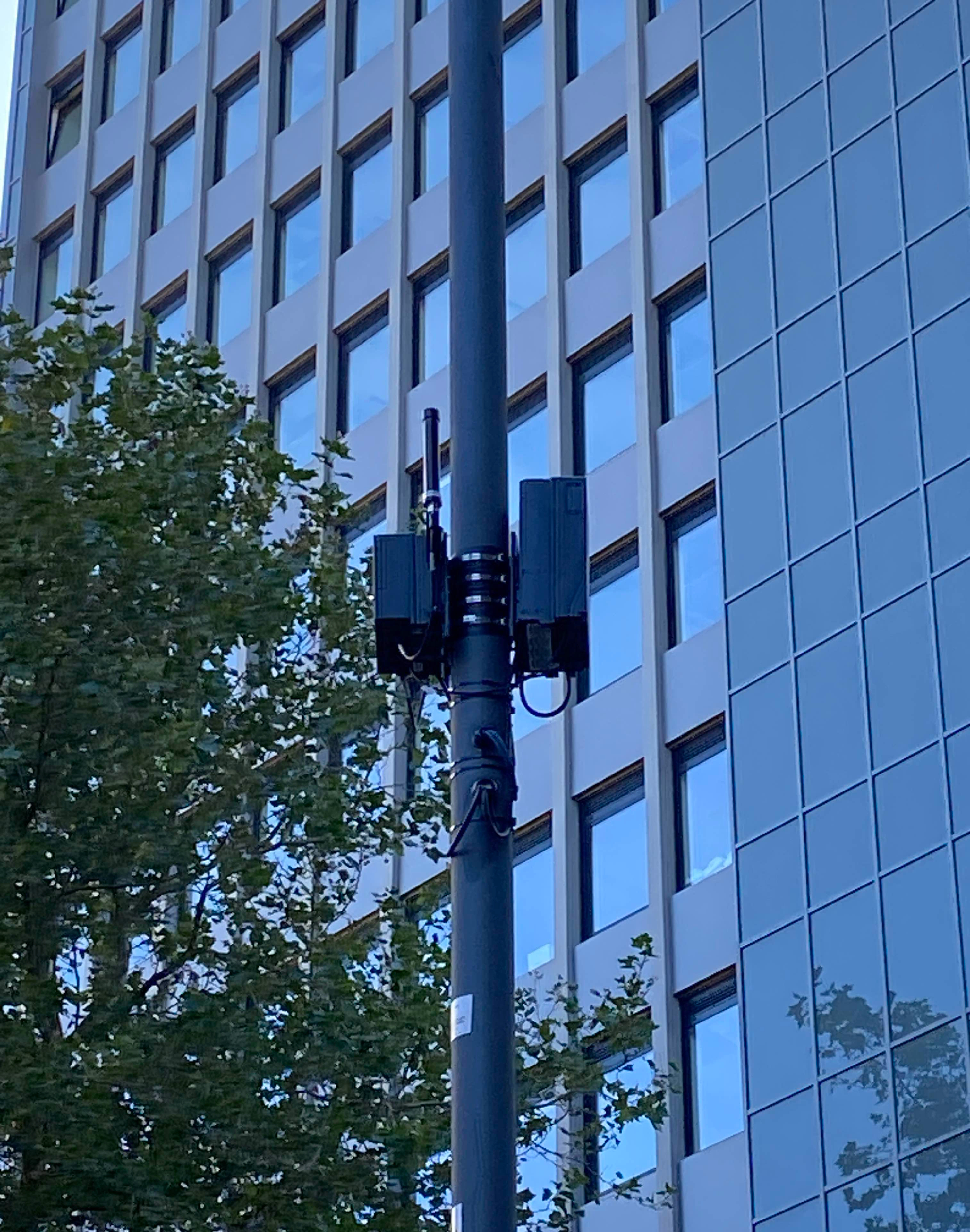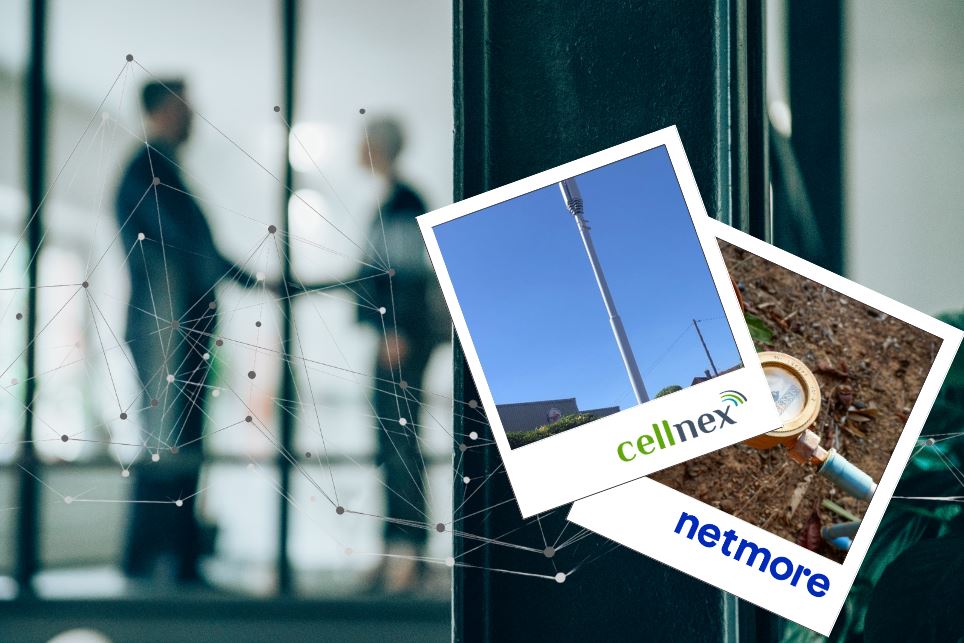
Success Case
EBM4G-II Project (Multi-standard 4G-LTE Base Stations) (2012 – 2014)
Latest Innovations
EBM4G-II (Multi-standard 4G-LTE Base Stations) is a multi-annual project co-funded by the Ministry of Industry, Energy and Tourism within the National Scientific, Technical and Innovation Research Plan. The current project, which stems from the continuation of an initial project that commenced in mid-July 2010, with the aim of developing the knowledge and technology required to design a low-powered multi-standard base station (Wimax/LTE) in line with the requirements stipulated by ITU-IMT Advanced (International Telecommunication Union), pursuant to its plan for the development of 4th-generation mobile communications.
The initial phase of the project pursued the following objectives:
- Analysis of the market and potential applications within the setting of low-power base stations.
- Analysis of the regulatory and standardisation aspects that may affect future 4thgeneration radio access systems.
- Analysis of the technical characteristics of 4G devices, aimed at the low-power base station market.
- Design of a hardware/software platform (demonstrator) on which to test the possible solutions for developing a 4G multi-standard station.
The second phase of the project, from July 2012 to December 2013, was aimed at developing a multi-standard base station (Wimax/LTE) demonstrator and implementing the technical characteristics stipulated by the standardisation bodies (ITU-IMT Advanced) within its 4thgeneration mobile communications model, with the following objectives:
- Development of the different hardware and software components of a multi-standard platform, on the basis of the requirements set in the different standards (Wimax/LTE).
- Design of the physical layer (PHY) and MAC (Medium Access Control ) layers, as well as the development of solutions for mobility and transfer between base stations.
- Evaluation tests for the developments implemented.
The companies participating in this phase were Albentia Systems and Tradia, with the latter responsible for conducting the test procedures to evaluate the outcomes of the demonstrator’s different stages of development.
Related Use Cases
Latest news

- 11 Nov 2024
- ·
- Finance
Cellnex's revenues reached €2,903 million in the first nine months of the year



























